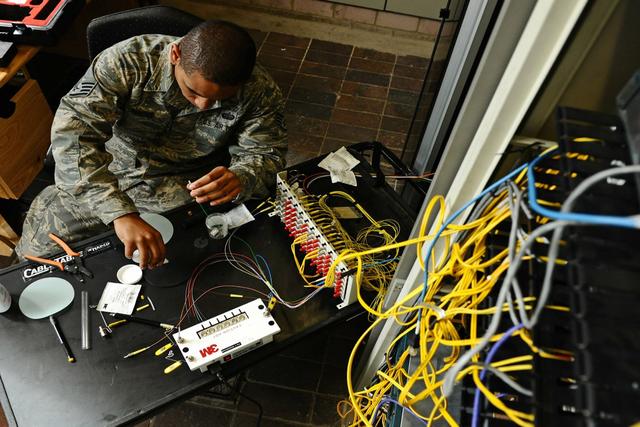Professional Hackers
Overview

Introduction
Professional hackers break into an organization’s computer systems and networks, with permission, to determine if they are vulnerable to cyber criminals and spies. They are also known as ethical hackers, penetration testers, and white hat hackers (after the good guys in old Westerns who typically wore white hats versus the bad guys in black hats). Approximately 180,700 information security analysts are employed in the United States; professional hackers comprise a small percentage of this total.
Quick Facts
Median Salary
Employment Prospects
Minimum Education Level
Experience
Skills
Personality Traits
Earnings
According to Robert Half’s 2025 Salary Guide, data security analysts earned salaries that ranged from $121,750 to $172,500. The U.S. Department of Labor reports that the median annual salary for information security analysts was $120,360 in May 2023. The lowest paid professionals earned less than $69,210 per year, and the highest earners received $182,370 or more per year.
Full-...
Work Environment
Self-employed professional hackers have very irregular hours. They might work 12 hours straight testing an organization’s IT vulnerability, then be off a day or two until the next project arises. Full time professional hackers have a more standard schedule, but they may have to work at night and on weekends at times. Some information security analysts work more than 40 hours a week, according t...
Outlook
Employment for information security analysts will grow by 33 percent from 2023 to 2033, according to the U.S. Department of Labor (DOL), or much faster than the average for all occupations. The need for professional hackers is increasing as the number of cyberattacks on the IT systems of companies and government agencies grows.




































